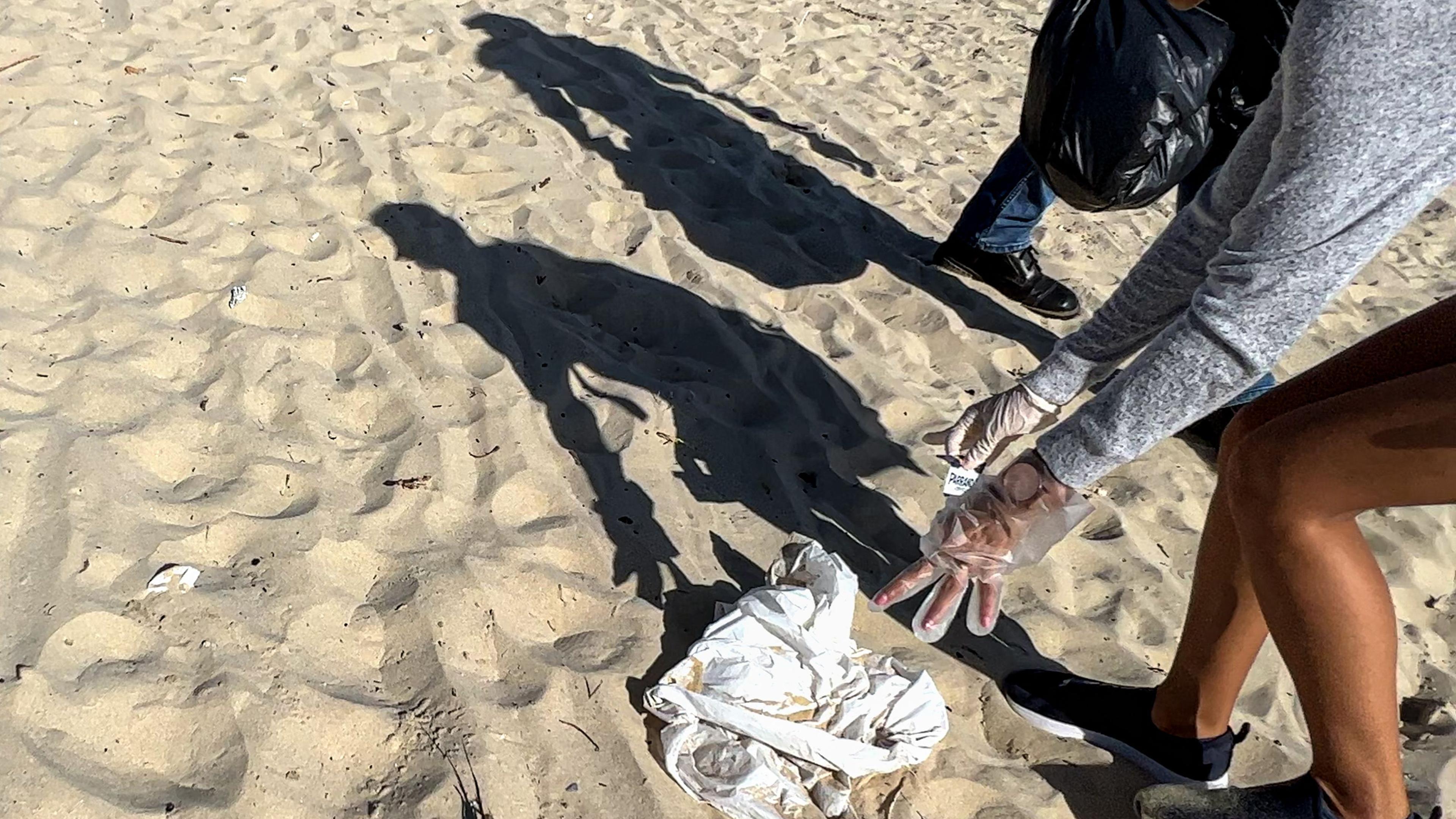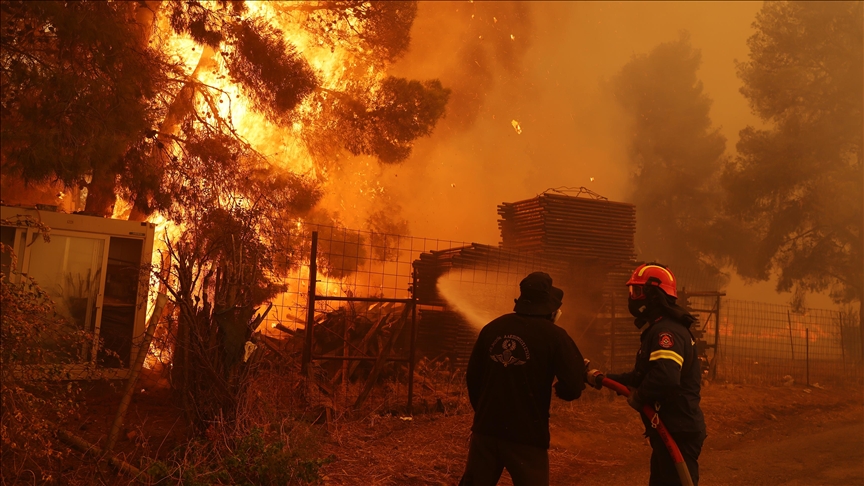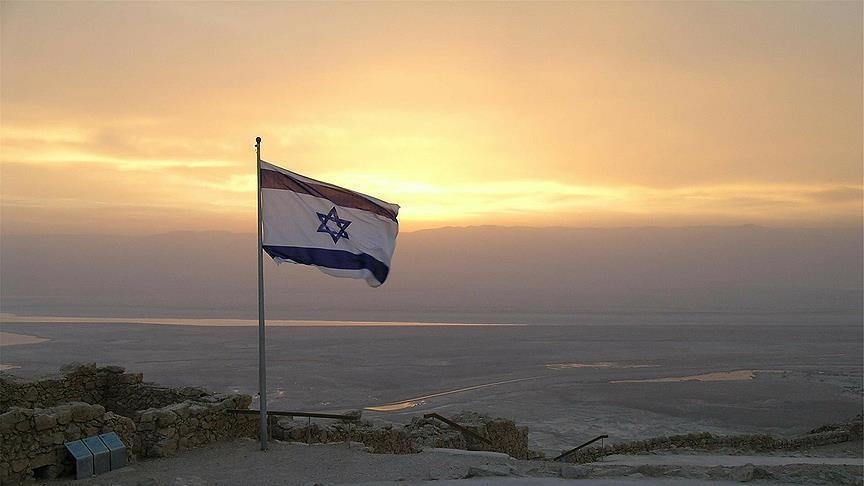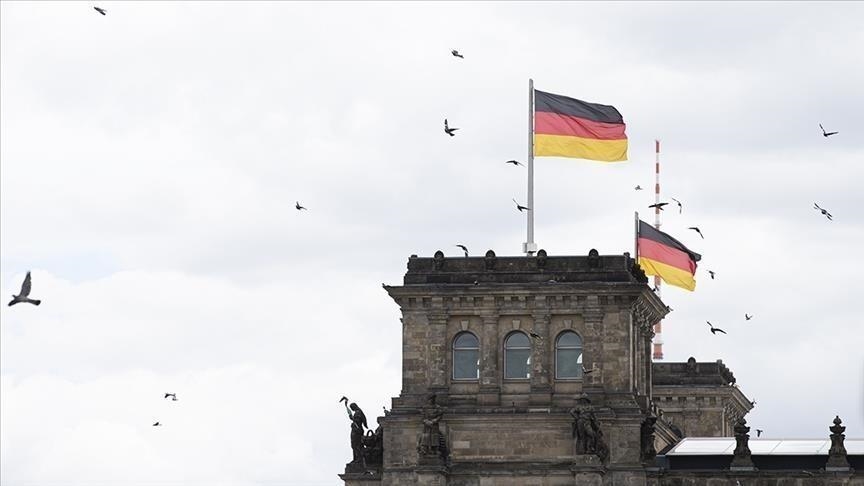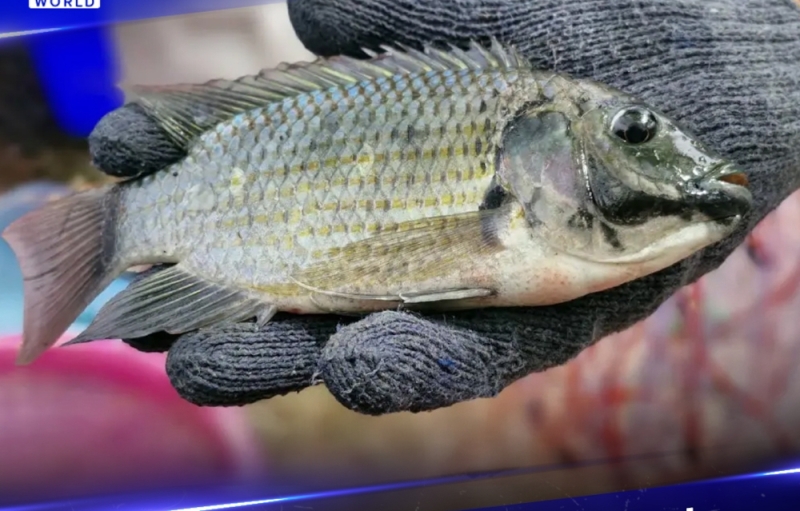More than 765,000 people entered the United States legally through the end of July

Jae C. Hong/Associated Press FILE – A vehicle drives along the U.S. side of the US-Mexico border wall in Nogales, Ariz., June 25, 2024. (AP Photo/Jae C. Hong, Pool, File)
By Elliot Spagat | Associated Press
SAN DIEGO — Arrests for illegal border crossings from Mexico during August are expected to rise slightly from July, officials said, possibly ending a streak of five straight monthly declines but the numbers are hovering near four-year lows.
Authorities made about 54,000 arrests through Thursday, which, at the current rate, would bring the August total to about 58,000 when the month ends Saturday, according to two U.S. Customs and Border Protection officials. They spoke on condition of anonymity to discuss information that has not been publicly released.
The tally suggests that arrests could be bottoming out after being halved from a record 250,000 in December, a decline that U.S. officials largely attributed to Mexican authorities increasing enforcement within their borders. Arrests were more than halved again after Democratic President Joe Biden invoked authority to temporarily suspend asylum processing in June. Arrests plunged to 56,408 in July, a nearly four-year low that changed little in August.
Asked about the latest numbers, the Homeland Security Department released a statement by Secretary Alejandro Mayorkas calling on Congress to support failed legislation that would have suspended asylum processing when crossings reached certain thresholds, reshaped how asylum claims are decided to relieve bottlenecked immigration courts and added Border Patrol agents, among other things.
Republicans including presidential nominee Donald Trump opposed the bill, calling it insufficient
“Thanks to action taken by the Biden-Harris Administration, the hard work of our DHS personnel and our partnerships with other countries in the region and around the world, we continue to see the lowest number of encounters at our Southwest border since September 2020,” Mayorkas said Saturday.
The steep drop from last year’s highs is welcome news for the White House and the Democrats’ White House nominee, Vice President Kamala Harris, despite criticism from many immigration advocates that asylum restrictions go too far and from those favoring more enforcement who say Biden’s new and expanded legal paths to entry are far too generous.
More than 765,000 people entered the United States legally through the end of July using an online appointment app called CBP One and an additional 520,000 from four nationalities were allowed through airports with financial sponsors. The airport-based offer to people from Cuba, Haiti, Nicaragua and Venezuela — all nationalities that are difficult to deport — was briefly suspended in July to address concerns about fraud by U.S. financial sponsors.
San Diego again had the most arrests among the Border Patrol’s nine sectors on the Mexican border in August, followed by El Paso, Texas, and Tucson, Arizona, though the three busiest corridors were close, the officials said. Arrests of Colombians and Ecuadoreans fell, which officials attributed to deportation flights to those South American countries. Mexico, Guatemala and Honduras were the top three nationalities.
